The ruling BJP at the Centre and in Maharashtra has reached a fork in the road. Should it take the path to power in the local bodies, the elections for which were recently held, by making compromises or strive to grow by staying true to itself and its ambitions? Though Prime Minister Narendra Modi and his party swept into power in 2014, it came with conditions in Maharashtra; now it has to aim to be on its own for the 2019.
If that were the goal of the party, then immediate ends do not justify any means, and as pointed out here earlier, it would not rush into deals. The Shiv Sena, searching for offices instead of being a robust Opposition, made one and remains in discomfort in the Devendra Fadnavis government. It chaffs at the subordinate status but hangs on regardless because growth is not its immediate objective, but power is. These can be their undoing.
In what was once the Congress stronghold till the mid-1990s, the BJP has emerged as a single largest party which dwarfs others in terms of vote shares and positions the votes secured for it. Towards the end of 2016, it secured about a quarter of all votes cast in the civic councils – smaller cities’ local governments – and secured seats in the same proportion, had its council chiefs directly elected even if the bodies they were to preside on went to other parties.
In the civic corporation and zilla parishad and panchayat samiti elections, it did better. It led the ranks of the parties in the municipal corporation elections with a vote share of 24.19 percent, with the Nationalist Congress Party close on the heels with 22.25 percent vote share. Congress and Shiv Sena followed on the third and the fourth positions, except that the Sena emerged the strongest in Mumbai and Thane, though Mumbai did not automatically slip into its control. The picture in the rural areas is different .
The Sena is behind the BJP but with a substantial vote share difference of 14 percent and the former made it out that it was an existential battle with its former ally. The others are far behind, and the BJP’s purpose should now be to consolidate the gains and tune itself for the 2019 elections — Lok Sabha and the Assembly. The question, therefore, is whether the party would opt for the long term or quake at the prospect of not having corporations, councils, and parishads under its hegemony.
To get into the saddle in the zilla parishads, the two frenemies — Congress and the NCP — will necessarily have to make deals. Since they see the BJP as a real rival, and with the Sena weakened despite the roars of the tiger to the contrary, their teaming up would be natural, and even be the stepping stone for a return to an alliance in 2019. These parties are starved of power and need to bolster. The BJP is a growing party, and they have Modi, and can build upon the gains so far with a long-term view.
As Suhas Palshikar rightly pointed out in the The Indian Express the other day, Congress and the NCP, after their rout in 2014 in Maharashtra have been “clueless about how to respond” to the political agenda set by Fadnavis by “pitching the battle on questions of clean government and state’s development”. He underscored how they have had “no agenda, no leadership, no organisation, and above all, no willingness to reconnect to the masses on the issues their opponents raise”. The BJP could avoid conferring on them a status of being unavoidable”.


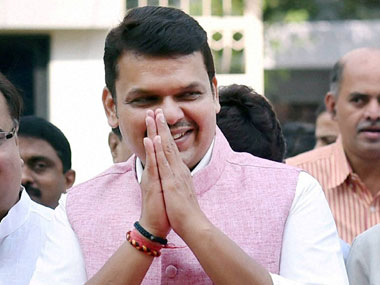)




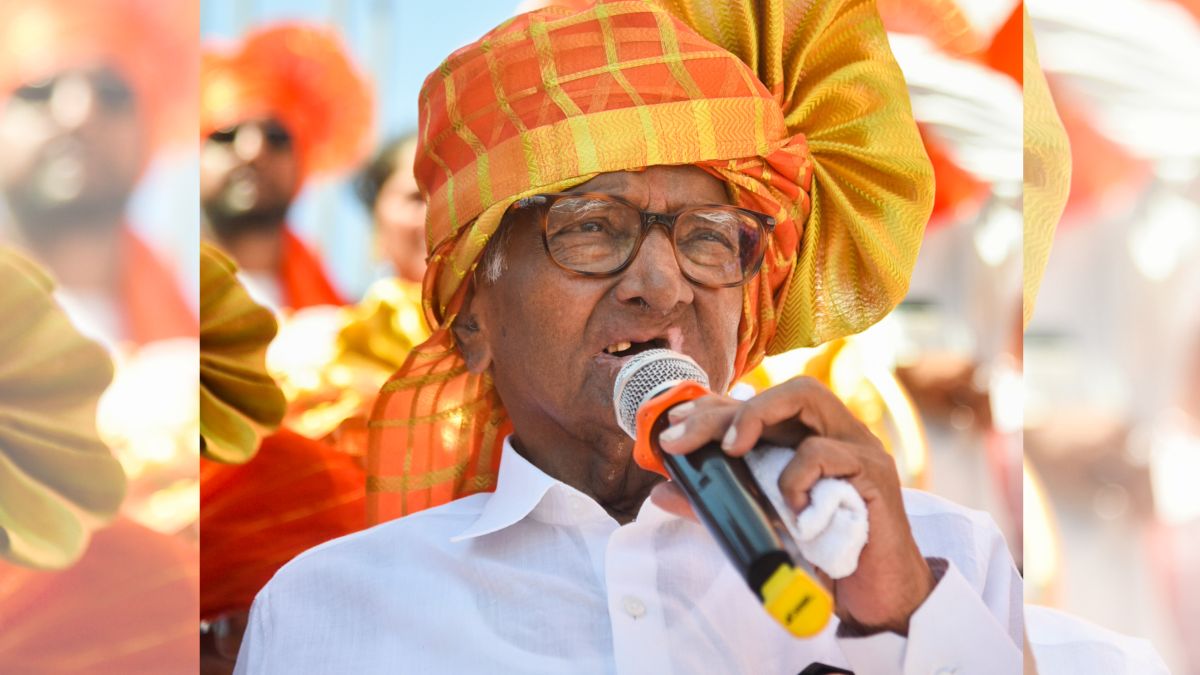)
)
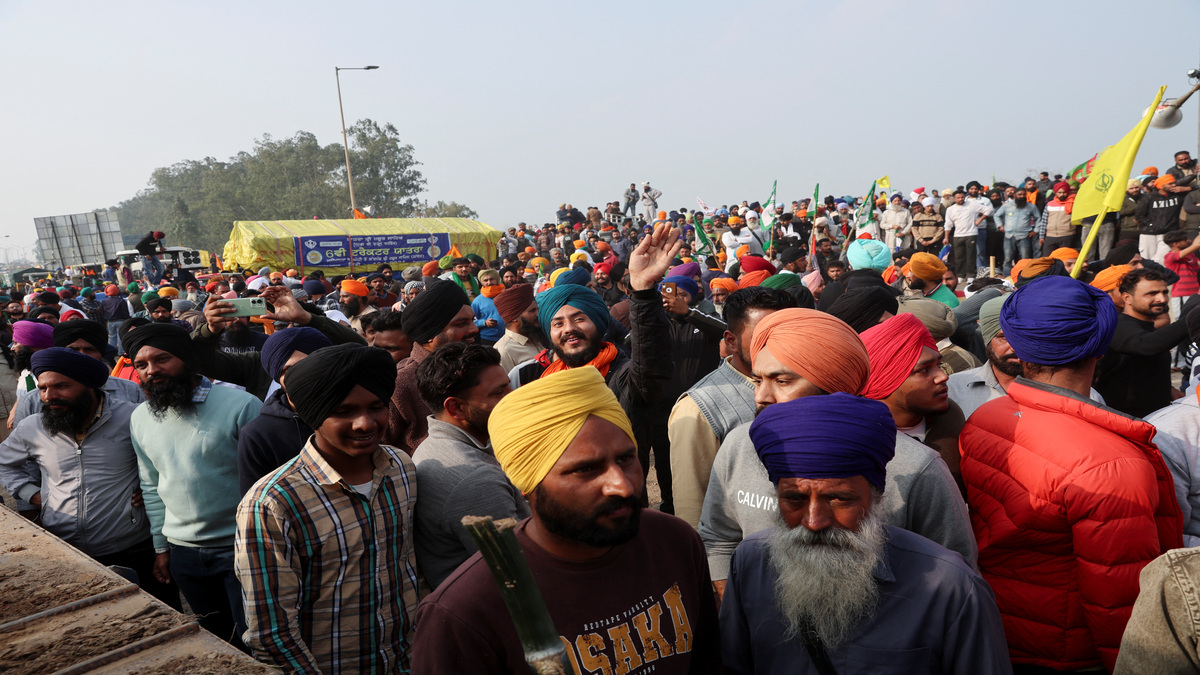)
)
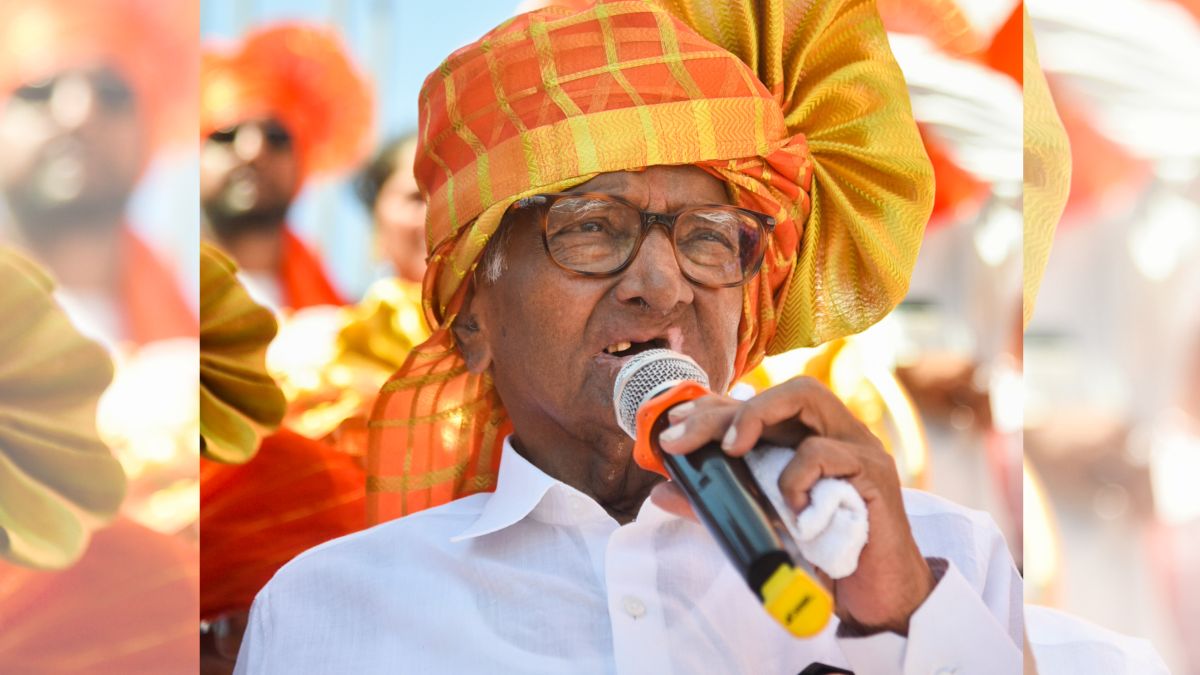)
)
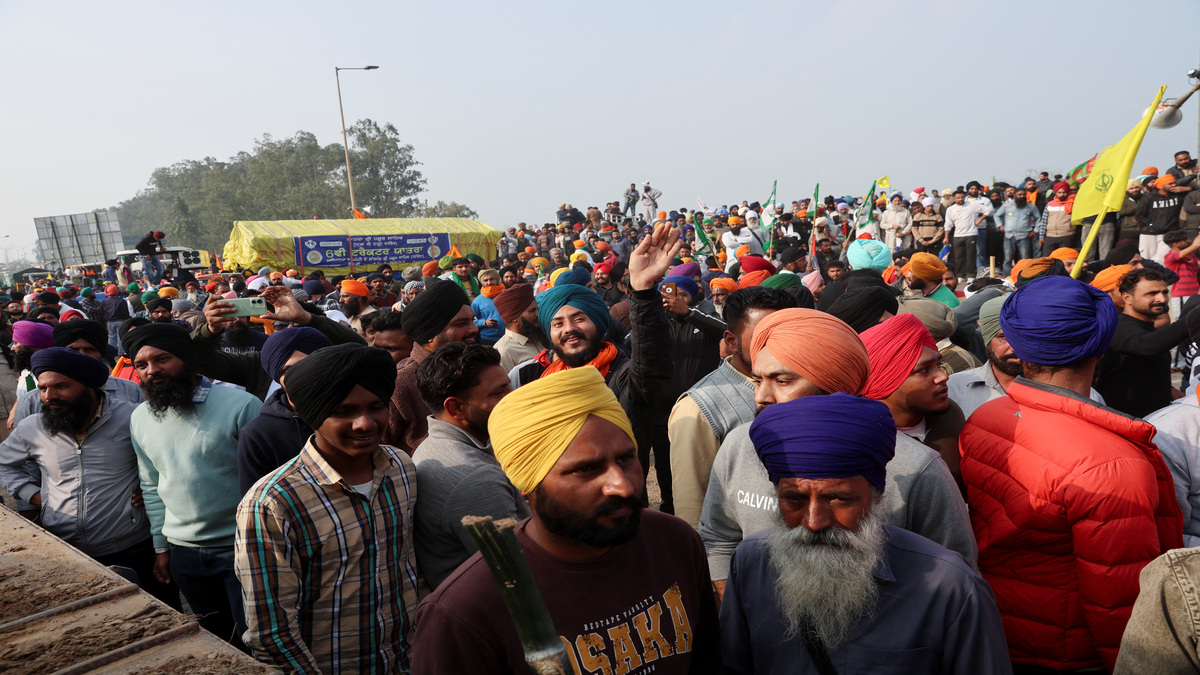)
)